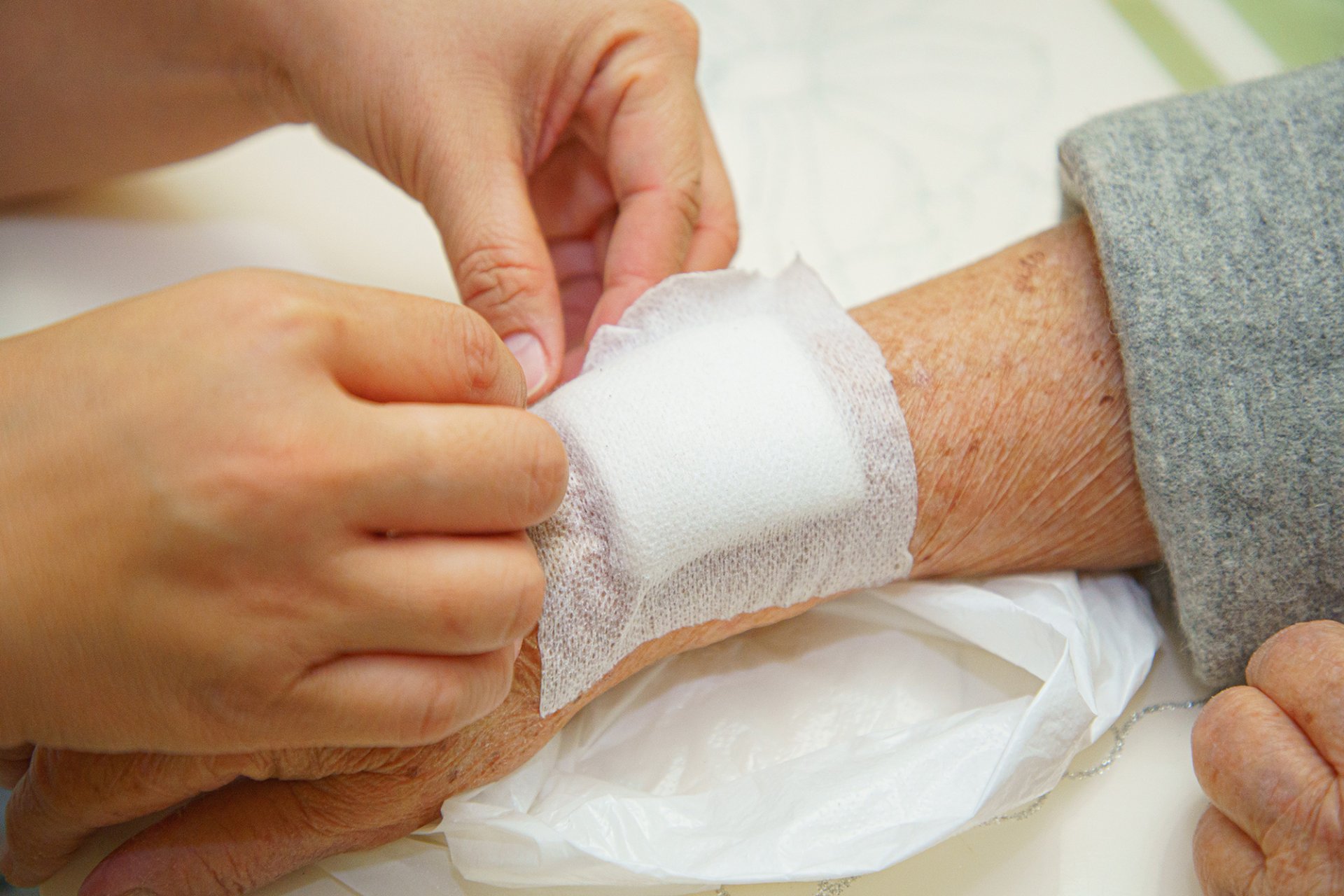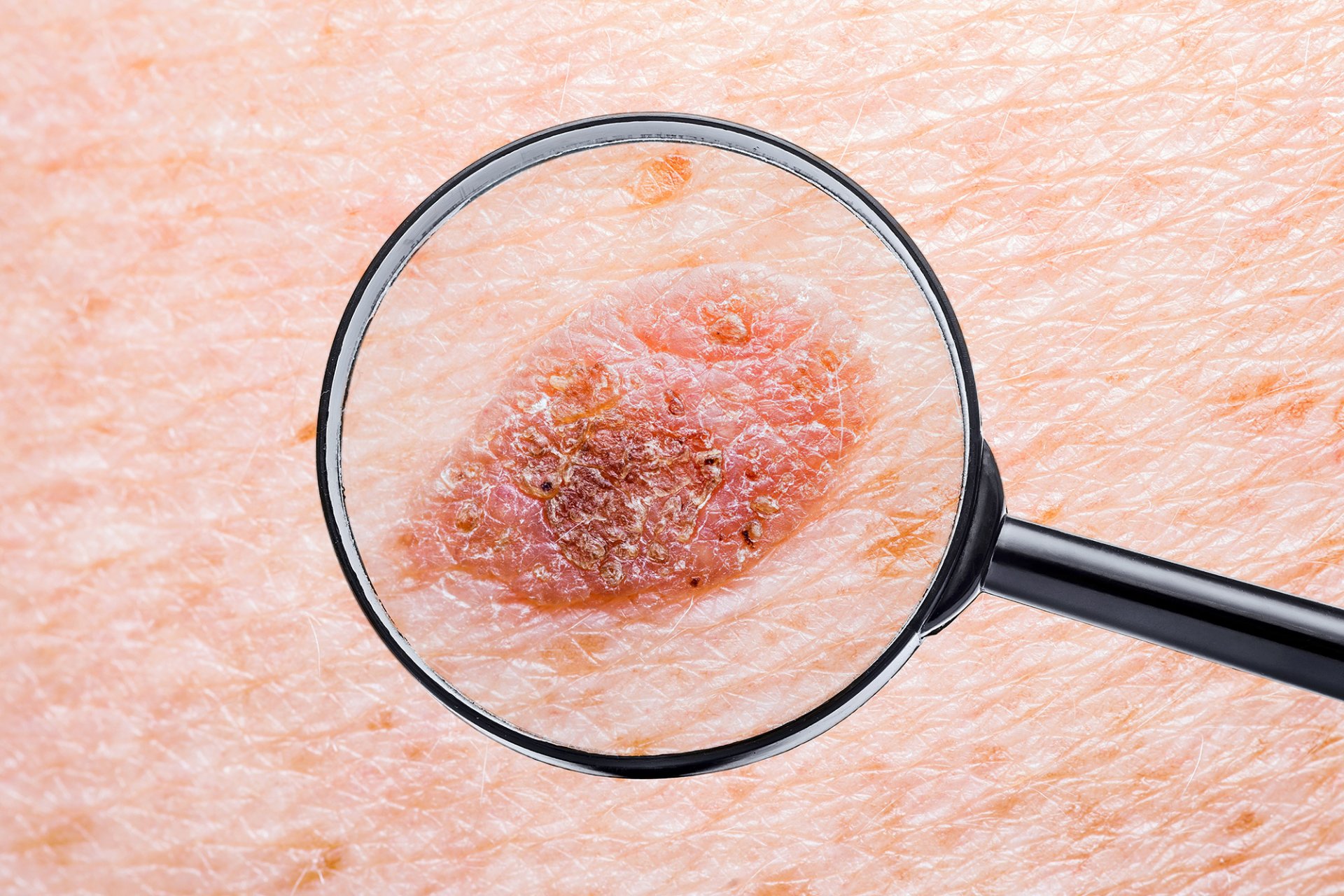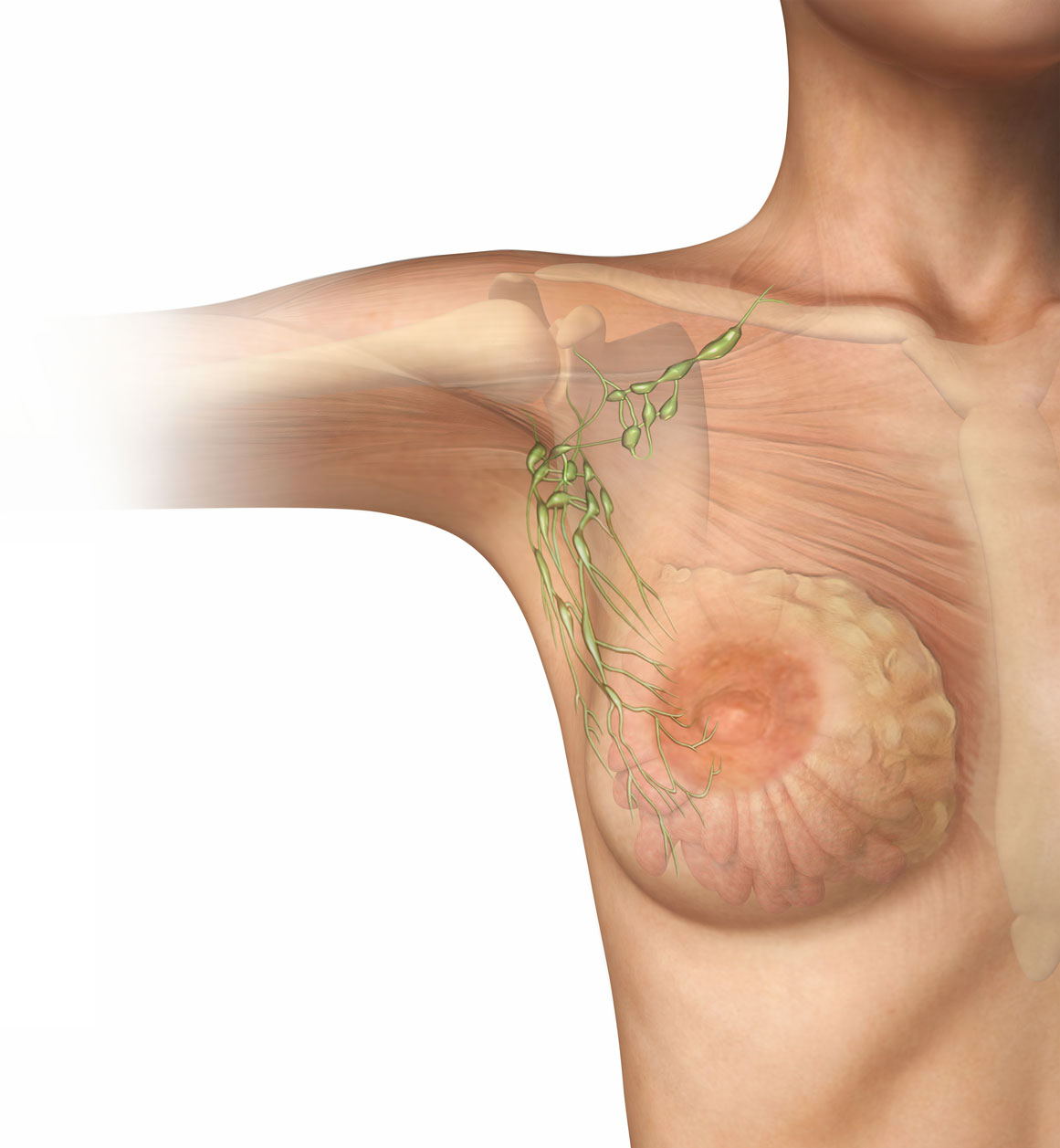Scarring is a natural part of the healing process after surgery or any injury, but with the right care, scars can often be minimised significantly. Dr Yez offers personalised scar management plans tailored to your skin type, procedure, and healing response. This may include topical treatments, silicone therapy, laser or light-based treatments, steroid injections, or revision surgery in some cases. Early intervention and consistent follow-up can make a meaningful difference in the long-term appearance and feel of your scars.
Scar Management

Benign Lesions
Benign skin lesions are non-cancerous growths such as moles, cysts, lipomas, skin tags, and seborrhoeic keratoses. While these lesions are usually harmless, they can sometimes become irritated, enlarge, or cause discomfort. In some cases, patients may also choose to have them removed for cosmetic reasons. Dr Yez can assess your skin lesion and recommend the most appropriate treatment, whether for reassurance, symptom relief, or aesthetic improvement. Removal is typically a straightforward procedure performed under local anaesthetic, with a focus on minimal scarring and excellent cosmetic outcomes.

Skin Cancers
Skin cancer surgery is performed to excise cancerous lesions from the skin and is a primary treatment for common types of skin cancer, including basal cell carcinoma (BCC), squamous cell carcinoma (SCC), and melanoma. BCC’s and SCC’s are the most frequent non-melanoma skin cancers and often develop in sun-exposed areas. These are typically treated with a wide local excision, where they are removed along with a margin of surrounding healthy tissue to ensure complete clearance. Melanoma, which carries a higher risk of recurrence and spreading, may require a wider excision and sometimes a sentinel lymph node biopsy.
When cancer excision leaves a defect, plastic surgeons use reconstructive techniques to restore both function and appearance. This may include direct closure for smaller wounds, or skin grafts—either full-thickness (including all layers of skin) or split-thickness (a thinner layer of skin)—depending on the size and location of the defect. In more complex cases, especially when skin or underlying tissue is limited, local or regional flap reconstruction may be required. This involves transferring nearby tissue with its blood supply to cover the area, helping preserve natural contours and healing.
Plastic surgeons are specially trained in both cancer excision and reconstruction, making them uniquely suited to treat skin cancers located on delicate or highly visible areas like the face, ears, scalp, or hands.

Lymph Node Surgery
Lymph node surgery may be recommended to assess or manage conditions such as melanoma, other skin cancers, or malignancies affecting the lymphatic system. Procedures like sentinel lymph node biopsy or lymph node dissection are performed to check for cancer spread or remove affected nodes, often as part of coordinated cancer care. In selected cases, lymphatic bypass surgery (also known as lymphovenous anastomosis) may be offered to help reduce the risk or impact of lymphoedema by re-routing lymphatic fluid into nearby veins. Dr Yez has expertise in these specialised microsurgical techniques and works closely with your broader care team to ensure safe, effective treatment and optimal recovery.

Locations
The Lotus Institute
L2/2 Short Street
Southport, QLD, 4215
QLD Breast Care Centre
147 Smith Street
Southport, QLD, 4215
Pindara Private Hospital
Allchurch Ave
Benowa, QLD, 4217
Miami Private Hospital
Hillcrest Parade
Miami, QLD, 4220
Pacific Private Hospital
L2/123 Nerang Street
Southport, QLD, 4215

